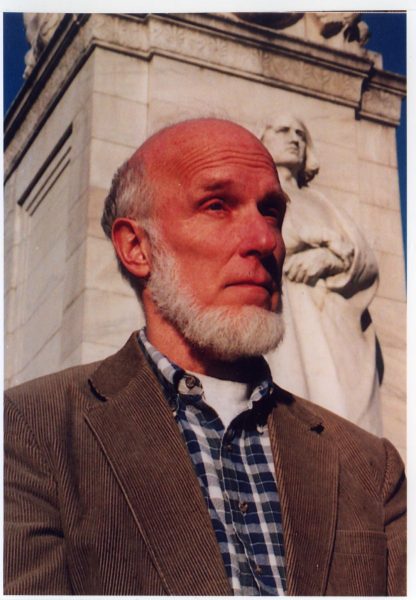

History and social studies, as taught in school, make us less good at thinking critically about our past. What has changed has to do with our current intellectual era. Loewen: Not much has changed in my thinking, and that’s because I think I was right in the first place. An edited and condensed transcript of our conversation is below.Īlia Wong: What’s changed with regard to your thinking on history education since the first edition came out in 1995? What about since the second edition in 2007?

I recently spoke to Loewen about how the quality of Americans’ history education could affect the country’s civic health. Now, with the release this summer of a new paperback version of Lies My Teacher Told Me, Loewen contends that his bestselling book has “new significance … owing to detrimental developments in America’s recent public discourse.” By providing students an inadequate history education, Loewen argues, America’s schools breed adults who tend to conflate empirical fact and opinion, and who lack the media literacy necessary to navigate conflicting information.

The books’ treatment of what were then new developments, such as 9/11 and the Iraq War, reinforced his belief that history education in the U.S. Loewen didn’t veer from his conclusions with the second-edition release of Lies My Teacher Told Me in 2007, for which he analyzed six new history textbooks. White supremacists in the South, for example, repeatedly cited this interpretation of Reconstruction to justify the prevention of black people from voting. Textbooks’ framing of the history in this way, according to Loewen, promoted racist attitudes among white people.

Take, for example, the false yet relatively widespread conviction that the Reconstruction era was a chaotic period whose tumult was attributable to poor, uncivilized governance of recently freed slaves. It found that those materials frequently taught students about topics including the first Thanksgiving, the Civil and Vietnam Wars, and the Americas before Columbus arrived in incomplete, distorted, or otherwise flawed ways. Framed largely as a critique of the history education delivered in America’s classrooms but also serving as a history text itself, Lies My Teacher Told Me was the result of Loewen’s analysis of a dozen major high-school textbooks. Loewen published a book that sought to debunk the myriad myths children were often taught about the United States’ past. In 1995, the University of Vermont sociologist and historian James W.


 0 kommentar(er)
0 kommentar(er)
